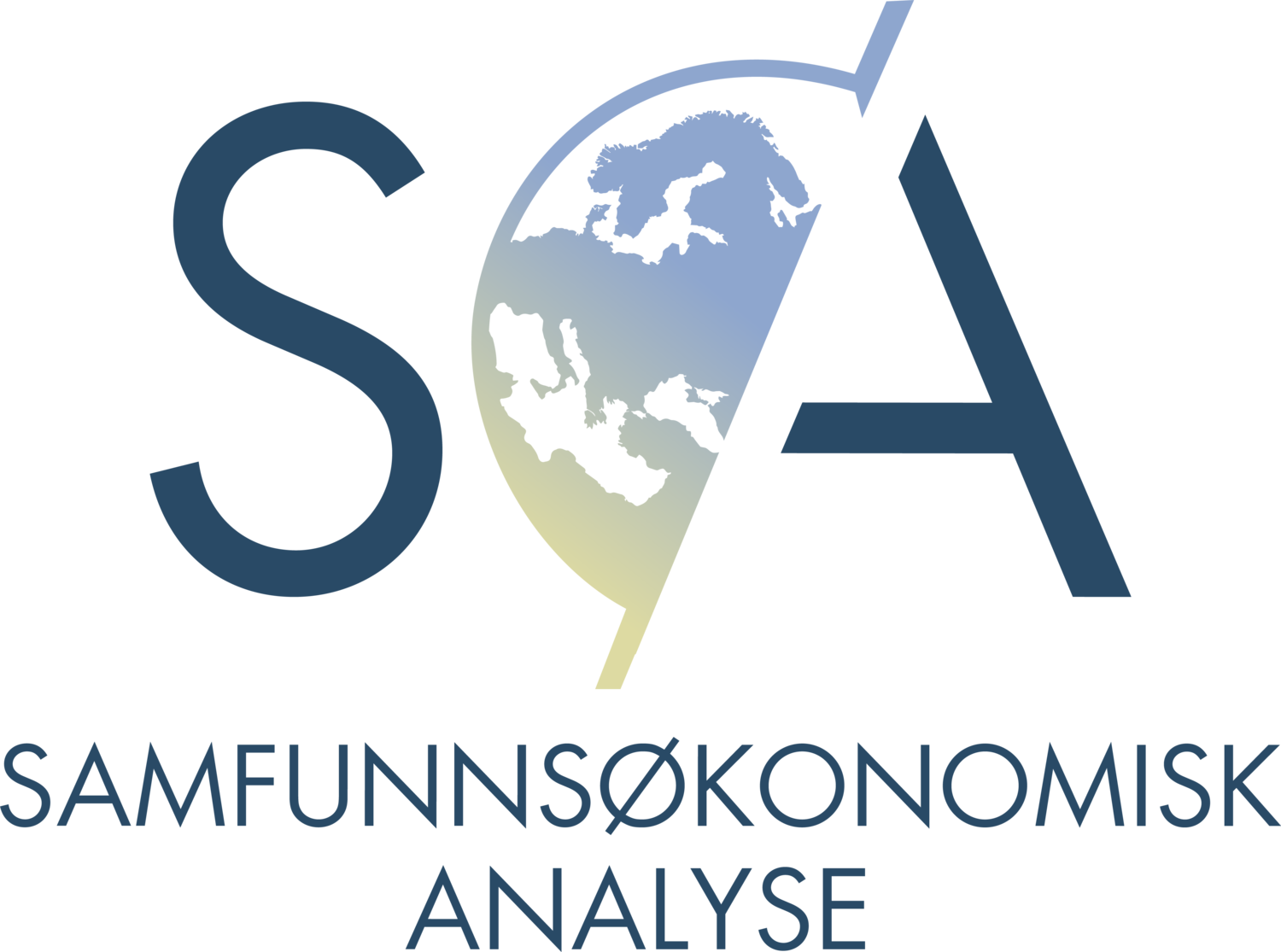Since the early 2000s, Norway has had a strategy to strengthen industry clusters through a national cluster programme. The Arena programme was launched in 2002, since when it has supported nearly 70 cluster projects. Norwegian Centres of Expertise (NCE) was launched in 2006 to further strengthen interaction in the Norwegian innova-tion system. NCE has supported 15 projects. In 2014, Arena and NCE were merged into one pro-gramme: the Norwegian Innovation Clusters programme (NIC). At the same time, Global Centres of Expertise (GCE) was initiated as a third level. GCE supports three cluster projects.
Arena targets clusters of newly established and/or immature collaboration initiatives. Arena clusters can be relatively small and primarily have a regional position, or be larger with a national position. Arena offers support for cluster projects with a duration of three years (phase 1). In addi-tion, there is an opportunity to apply for a two-year extension of the project (phase 2). The grant per project is normally within NOK 1.5-3 million per year.
NCE targets clusters with a well-established national position and further national and international growth potential. NCE offers support for up to ten years. The grant per project is normally within NOK 4-6 million per year.
GCE targets clusters with a well-established position within global value chains. GCE does not offer financial support for cluster development. The current cluster programme limits GCE projects to maximum ten years. The grant per project is normally within NOK 8-10 million per year.
Norwegian Innovation Clusters has grown to become an important industry policy instrument over the years. The cluster programme had a total budget of NOK 166 million in 2016. The introduction of GCE increased the size of the programme by about 25 per cent.
Innovation Norway has commissioned Samfunnsøkonomisk analyse AS to conduct this evaluation of the Norwegian Innovation Clusters programme, as well as an evaluation of seven completed cluster projects.
The main objective of this evaluation is to assess the extent to which the programme meets the needs of the target group, whether the operation and organisation of the programme are appropriate and whether the effects are in accordance with the objectives.
The evaluation assessed the following:
- The extent to which the market or system failure constituting the rationale for the pro-gramme still exists, and whether and which alternative measures are available to com-pensate for these failures (relevance).
- Whether the cluster projects have achieved their stated objectives and whether they collectively contribute to achieving their programme level’s objectives and the programme’s shared objectives (effectiveness).
- The organisation and operation of the cluster programme, including an assessment of whether changes to the organisation and operation have contributed to the programme’s relevance, effectiveness and efficiency.
Click here to read the whole report.

